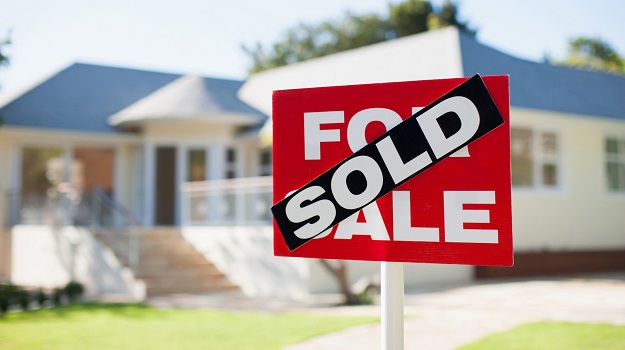Selling a place is a very stressful time, since it seems like you’ve got to take care of loads of different aspects, all at once. Now, you may be getting help from places like isoldmyhouse.com, but it can still be helpful to know what to expect before starting with this entire process. This will just give you some piece of mind, and will tell you what you should do to prepare.
Preparing Your House for Sale
If you’re going to sell your place, it’s important to start out by increasing its chances of being sold. For this, you may need to start by cleaning it. It may sound obvious, but there’s a world of a difference for a potential buyer walking in a perfectly clean place, versus one that’s not very well cared-for.
At this point, decluttering is another crucial step to take. You want the potential buyer to envision themselves living in that place, and if it’s filled with your stuff, particularly pictures and the like, this is going to be a whole lot more difficult for them.
Make sure to take care of any repairs the house may need, so that the potential buyers won’t have to start worrying about the repairs they may have to do.
Don’t Miss-
What is the Public’s Perception of Smart Homes?
The Do’s and Don’ts of Renting Villas that You Need to Know about
Marketing and Showing the Place
Working with your agent, you should work to identify the best part about your house, and advertise it using that as the main attraction. It’s a good idea to hire professional photographers, and even a virtual tour company for this part, since people are going to want to see the place before they come in person.
After this is taken care of, and you’ve attracted enough individuals, it’s time to show your home. For this step, you won’t need to do too much, since the house should already be clean, repaired, and clutter-free.
Offers and Negotiations
After quite a few people have already seen the place, you’re hopefully going to get offers. If the place is priced correctly, you should get quite a few. At this point, it’s a good idea to not ignore any offers, even if they are incredibly low. Make them a counteroffer. If you’re confident in the price you’ve set, let that counteroffer be a full-priced one.
Open Escrow and Order Title
This step is going to be done by your agent, as they will be in charge both of opening escrow and ordering a title policy. Make sure to write down the closing agent’s contact information, and have a date for when to close. Select this date depending on when the buyer’s loan will be funded.
Appraisal
The next step is an appraisal, which is done for the buyer’s sake. Make sure to clean the house very well before the appraiser gets there. In some cases, you may receive a low appraisal, and if this is your situation, then be sure to ask your agent about the next steps you should take.
Home Inspection
After the appraisal, you’re also going to have to deal with a home inspection, which is also done for the buyer’s sake. It’s a good idea to ask your agent to give you a home inspection checklist, so that you’ll be prepared and know what the inspector will want to look at. The attic and basement is one of those things, so be sure to have them inspection-ready.
Other Inspections
In some cases, the contract may ask for you to provide certain inspections, such as a roof certification. If this is the case, hire a reputable company to take care of this.
Disclosures, Repairs and Contingencies
Make sure to disclose any materials that may be harmful, and which are present in the house. For instance, all the houses in the U.S. are subject to disclosures for lead-based paints.
As far as repairs go, you don’t have to accept any requests, but do keep in mind that the buyer can cancel the contract.
Finally, make sure to ask the buyer to release contingencies, since they are not obligated to provide this when they’re not asked.
Sign and Close
After all of this is done, it’s time to sign the papers and close escrow. Phew! It’s all over.

